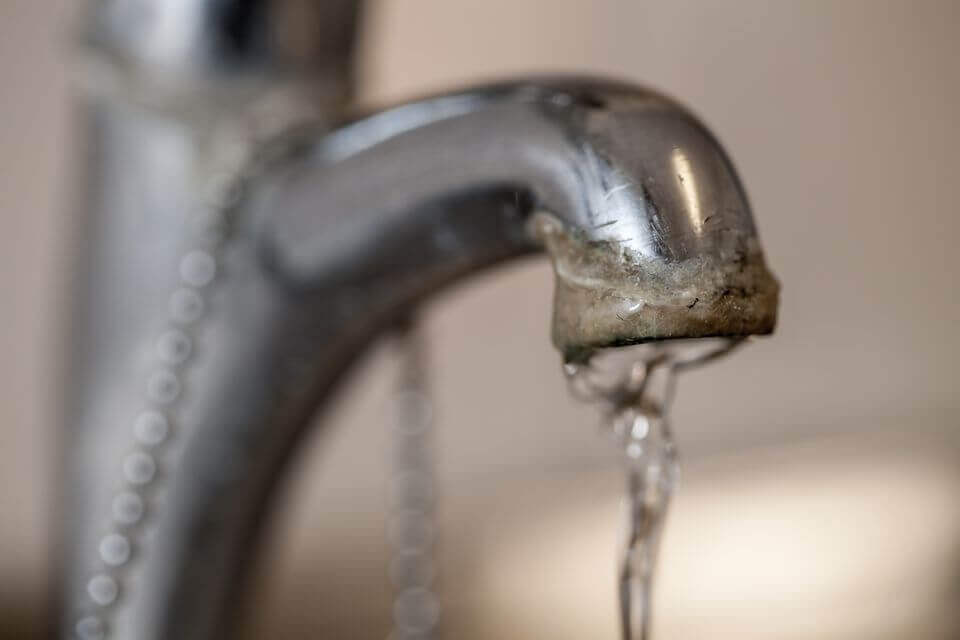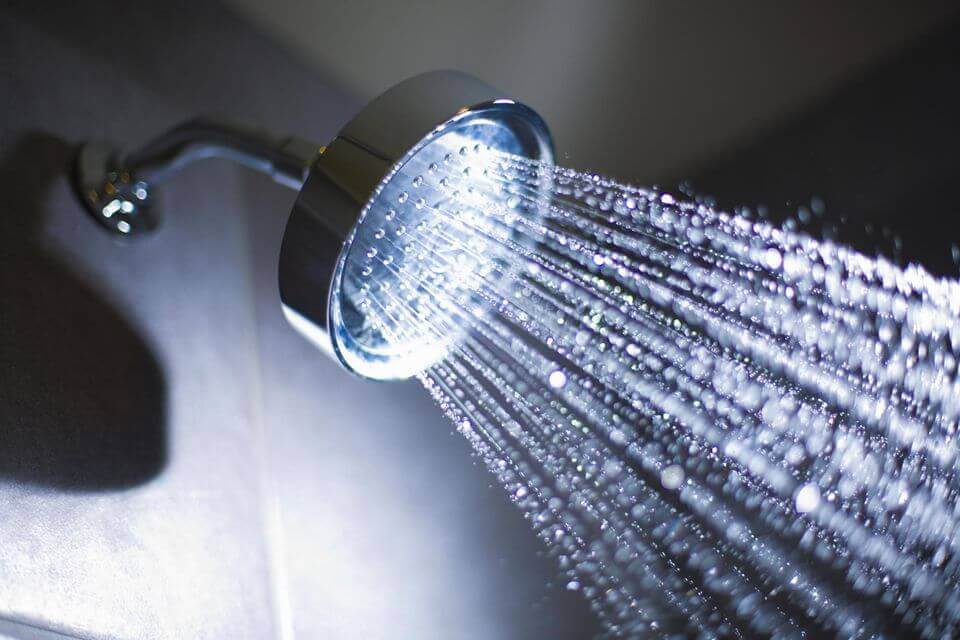A water softener is a water conditioner but not every conditioner softens water. A true conditioner changes the structure of minerals in your water, preventing them from creating a buildup of damaging scale. Softeners exchange hard materials’ ions for sodium ions, effectively removing hard minerals from the water. One changes the water, one modifies its elements. Throughout Waukesha and Lake Country everyone deals with “hard water.”
What is hard water? There are two main elements that make water hard: calcium and magnesium. Scientifically, the degree of hardness in your water is measured in “parts per million” (ppm) of these two basic elements. It takes a professional test to reveal just how hard your water is. Degrees of hardness and the need for a treatment system range from:
- “Soft” water is anything below 60 ppm
- 60 to 120 ppm is moderately hard
- 120 to 180 ppm is hard water
- Anything above 180 ppm is really hard water
Hard water alone is not dangerous to people or pets. However it becomes more than inconvenient when untreated and building up in pipes and fixtures. Hard water becomes a real issue when you heat it. In your hot water heater these minerals crystalize. The resulting crystals form lime scale. The scales stick to each other and to the heater’s tank. Over time scales get bigger and bigger. They not only reduce your heater’s efficiency they eventually lead to a tank failure.

When A Water Softener Makes Sense
When you have hard water you’ll see a variety of tell-tale signs, including:
- Dry skin – when your skin is dry, flaking or itching after a shower hard water is likely the reason.
- Unsatisfactory laundry – when laundry detergent doesn’t produce suds as it should, clothing comes out “dingy-looking” and it doesn’t dry as soft as it should a leading cause is hard water. It takes more detergent to get the job done right.
- Stains and crusts on fixtures – white residue on faucets and shower heads are sure signs of hard water. The mineral salts leave a residue when the water evaporates. It’s also a sure sign there are similar deposits building in your pipes.
- Tainted water – if your water has a bluish tint it may be because the calcium and magnesium salts of are combining.
- Scale buildup – lime scale is part of a scum residue on appliances that are using hot water– inside dishwashers, tea kettles, bathroom fixtures, etc. A buildup of scale damages appliances and pipes. Left too long, the scale can be heard “percolating” inside a water heater as it works hard to reheat water. A sure sign your water heater is in trouble.
What A Water Conditioner Does
There are two common methods for conditioning water in your home:
- Chemical additives
- Electromagnetic technology
Both do almost the same thing. They just do it in different ways. Consider them one at a time:
Chemical Conditioners – these are water treatment systems that add polyphosphate. It is a common element used in the food industry. Reacting with magnesium and calcium it neutralizes these minerals so they cannot create scale. The amount used depends upon the results of a professional water test.
Electromagnetic technology – these units are often called “descalers.” They are machines that change the structure of the mineral crystals. The conditioner is installed where the water supply enters the house. All your water passes through it. Applying Electromagnetic energy alters the structure of the mineral elements so they cannot stick to surfaces.
Both conditioning systems remove the effects of the chemical elements however they don’t truly soften the water. They remove the elements that make it react as hard water.
Neither of these forms of household water conditioning uses salt. That’s an element used in a true softener system. Softening systems work in a completely different way.

What A Softener Does
The most obvious difference between a conditioning system and a softening system is a brine tank. It’s a large-capacity tank for holding salt and an ion exchange resin. The resin is charged with ions of sodium – basic salt. When water passes through the tank the resin exchanges magnesium and calcium ions for sodium ions. The process uses up the salt ions as it works and the system has to be flushed and recharged – modern systems regenerate themselves, all you need do is keep the brine tank full of salt.
Unlike the other conditioners, salt-based softeners actually remove magnesium and calcium from your water.
Water Conditioner Or Water Softener – Which Fits
In most cases, pure conditioners are not considered as efficient as salt-based softeners. That’s especially true with very hard water – something common throughout southern Wisconsin.
However, sometimes a conditioner makes more sense than a softener. If your water test reveals you have only moderately hard water, a conditioner is a reasonable option. Why? There are at least two common reasons:
- Improving Taste – the minerals in water are responsible for its taste. A certain level of hardness actually improves the taste of some water. This is especially important when you use your water for brewing tea or coffee.
- Less work – conditioners don’t need salt on a regular basis. You simply change filters and/or filter cartridges.
Both systems are engineered to solve the same water problem, just in very different ways. There’s no absolutely right or wrong approach. The system that best fits depends upon the water you have and the way you use it. The process of finding a solution is a water professional water test. Obviously, when you see any of the signs your water is less than soft it’s a major clue. Don’t hesitate to schedule a test with one of the licensed, certified plumbers at Schoenwalder Plumbing – call, email or drop in. We’re ready to provide accurate testing and a choice of water softener and water conditioner products ideal for your Waukesha WI or Lake Country home.
